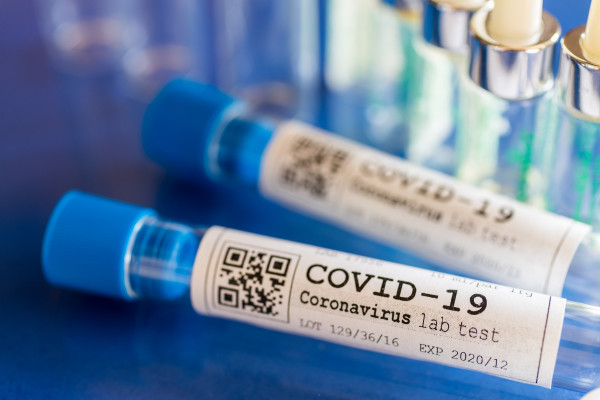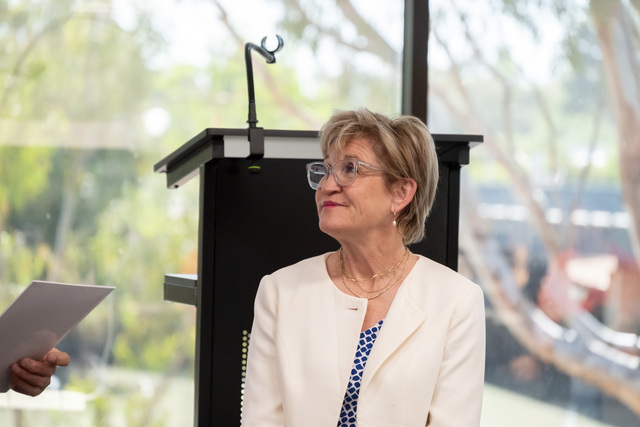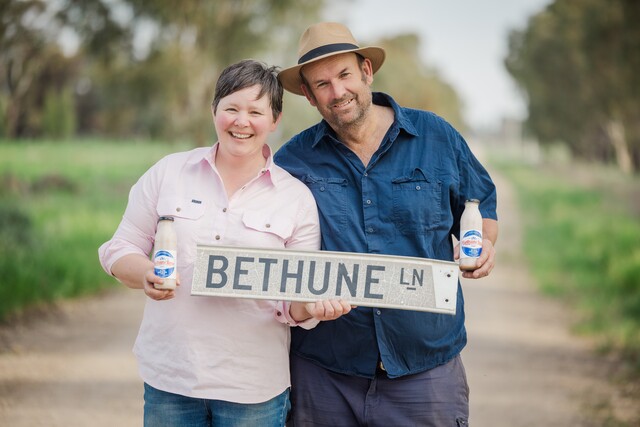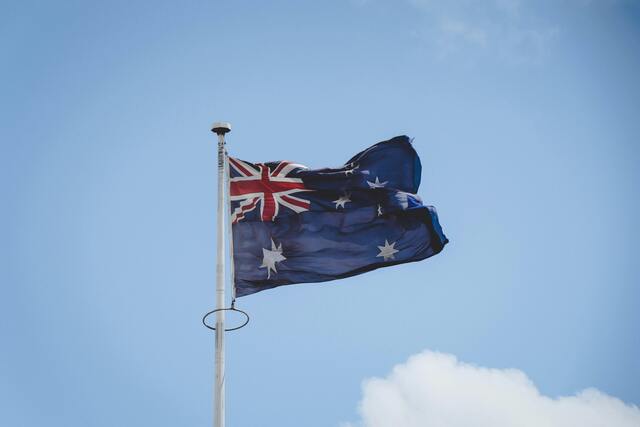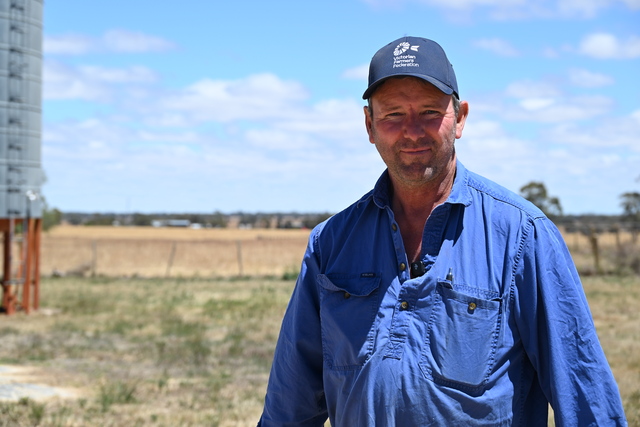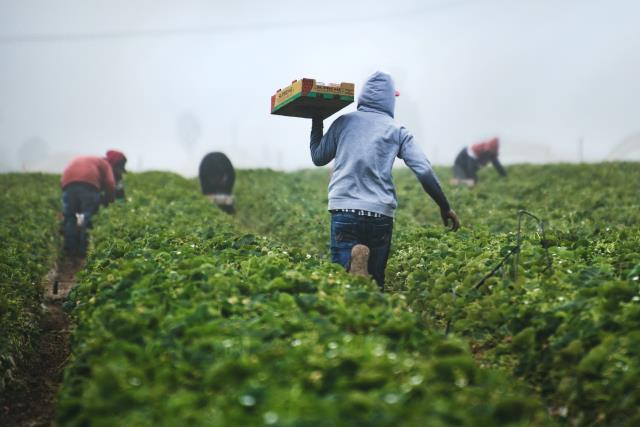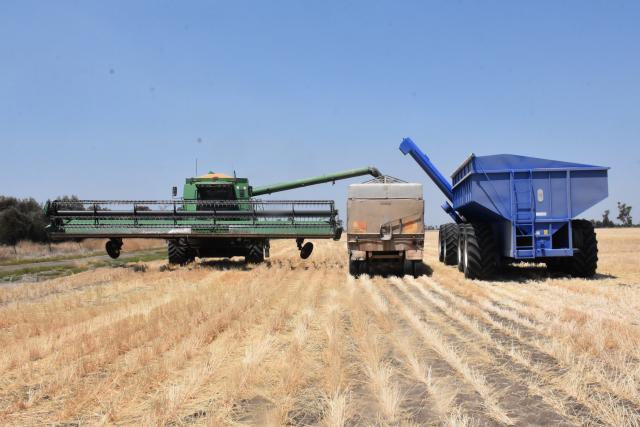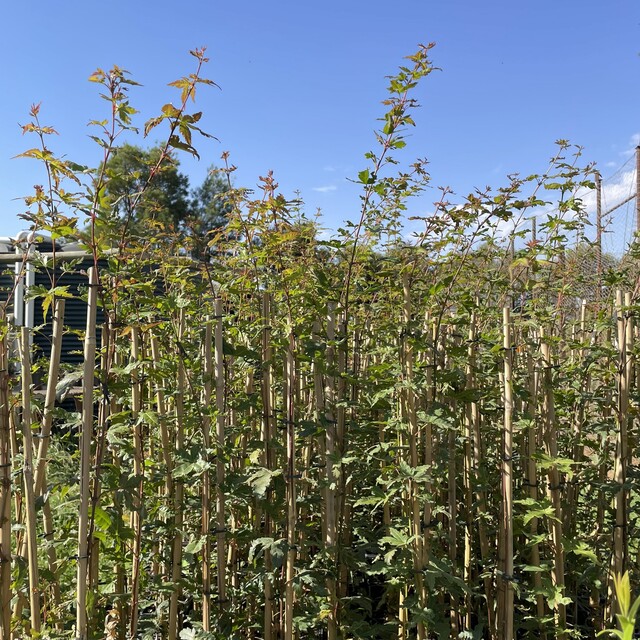HEALTH authorities are warning Victorians to be cautious after an increase in COVID-19 infections.
Chief health officer Dr Clare Looker issued the health alert after a surge in people being hospitalised with COVID-19.
“At the same time, we are seeing increasing cases of influenza and Respiratory Syncytial Virus (RSV) as we head into winter,” Dr Looker said.
“During this time, it is especially important those at greatest risk of becoming seriously ill from COVID-19 and other respiratory viruses are protected – this includes people aged 65 and above, people with a disability or chronic medical condition and Aboriginal and Torres Strait Islander people.
“Younger children aged six months to five years and pregnant women are also at greater risk of influenza and RSV.”
Cr Looker said the seven-day average hospitalisation figures (208) have increased, with an increase of approximately 30 per cent in the past week.
Quantitative wastewater measures are also indicative of high levels of COVID-19 transmission in the state, and notifications of influenza and RSV have increased about 30 per cent during the past fortnight.
COVID-19 symptoms vary from mild to severe and may appear between one to 14 days after exposure to the virus. They include runny nose, sore throat, cough, shortness of breath, fever, chills and/or sweats.
Some people may also experience headache, muscle soreness, fatigue, nausea, vomiting and diarrhoea, loss of smell and taste, loss of appetite.
Six steps can help you stay ahead of COVID-19:
• Wear a mask: a high-quality and well-fitted mask can protect you and others from the virus.
• Get vaccinated: stay up to date with your COVID-19 vaccine. There are new monovalent vaccines available that are highly effective at preventing severe disease. You should get a booster if you are over 75 and haven’t had one for six months. Other groups are also recommended to get a booster. Vaccines are available at your GP or local pharmacy.
• Let fresh air in: open windows and doors when you can – it reduces the spread of the virus. Meet outside when possible.
• Get tested: if you have symptoms, take a rapid antigen test. If you test positive and are eligible for antivirals, take them as soon as possible.
• Stay at home if you are unwell: if you have COVID-19, you should stay at home for at least five days and until you have no symptoms. Speak to your GP if symptoms worsen.
• Take antivirals if eligible: if you are at risk of falling very sick, you may be eligible for COVID-19 antiviral medicines. You must take these within five days of developing symptoms – the sooner the better. See your GP for more information.
Yearly flu vaccination is recommended for everyone aged six months and over and free for eligible priority groups.

